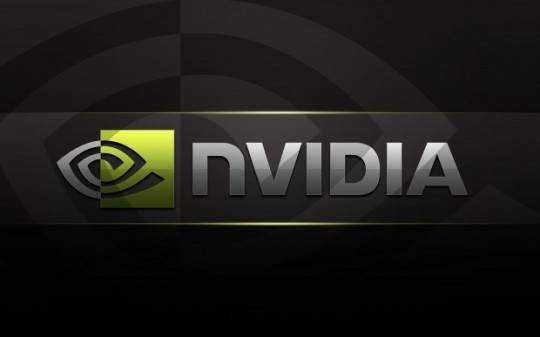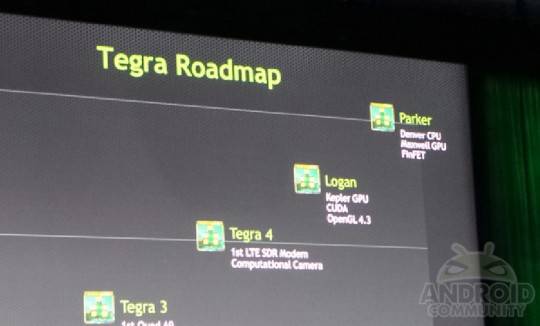
NVIDIA had some pretty big news to share with us this week, and have announced in a recent blog post that they’ll be moving away from simply making GPUs and processors like the Tegra 3 for mobile. They aren’t going anywhere, but instead will be licensing out their graphics technology and visual computing portfolio to other manufacturers.
We can still expect to see their Tegra 4 later this year, followed by what surely will be an impressive Tegra 5 after that, but starting with their next-gen GPU others will be able to enjoy it as well. What does this mean? You’ll be able to get that stunning Tegra-like graphics performance for gaming from others, not just NVIDIA’s Tegra 4/5 powered devices.
This is mainly a move in the PC sector, where they’ve already licensed their tech to Sony in the PS3 for enhanced graphics, and even Intel pays them hundreds of millions a year to license their graphics technology. NVIDIA holds over 5,000 patents and is the leader in visual graphics and computing, across the board. Their upcoming GPU platform Kepler will usher in a new era of visual computing power, and will be for both the desktop and mobile market. And this will be the first platform they’ll license out to manufacturers.

So where we see Mali 400 GPUs powered by Samsung’s Exynos processors, Adreno with Qualcomm’s Snapdragon, and Imagination Technologies PowerVR in others, soon manufacturers will be able to add NVIDIA’s Kepler platform to their chipsets. While it’s highly unlikely we’ll see a Qualcomm Snapdragon with NVIDIA’s tech under the hood instead of Adreno, a move like this could save millions in R&D just by licensing the tech from NVIDIA.
It’s an interesting move, and one that NVIDIA feels will be the right one moving forward in this mobile computing era. We also feel like this could really help Intel tap into the mobile market, as they’ve struggled lately. More details can be had from NVIDIA themselves.
SOURCE: NVIDIA Blog










What this doesn’t tell us is: are they patent trolling (demanding that all of their competitors pay because inevitably, they will infringe on something even though the technologies are developed independently) or are they really sharing useful technology with willing licensees?
We have no use for another Microsoft-like entity doing only a little innovation and making bundles on patent extortion from competitors.
My mistake, the article actually makes it fairly clear that NVidia is on the up-and-up here and wants to license full, useful chipsets to willing buyers.
🙂